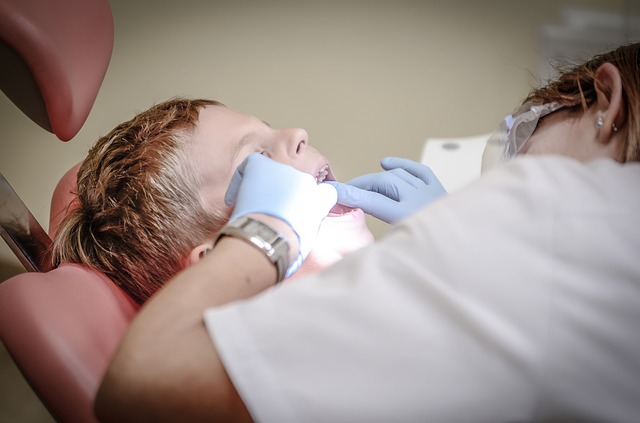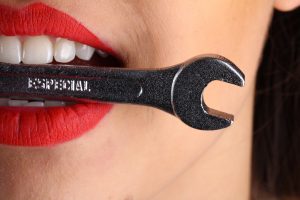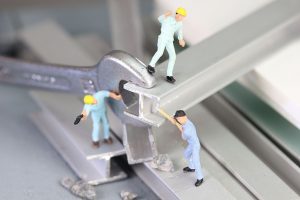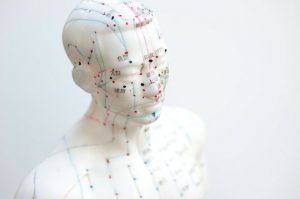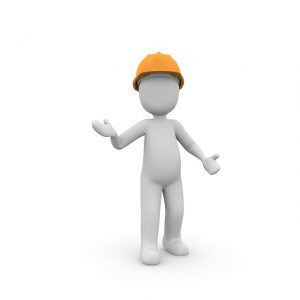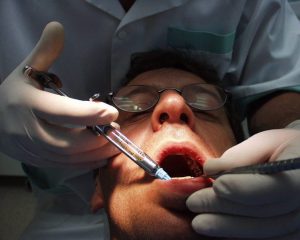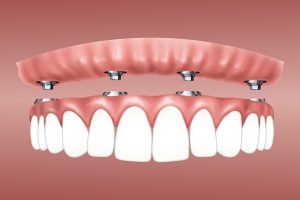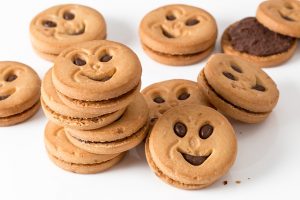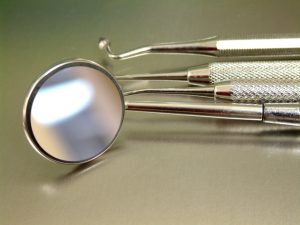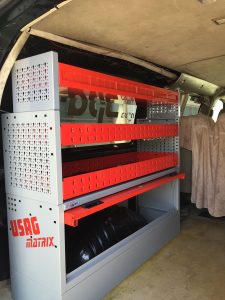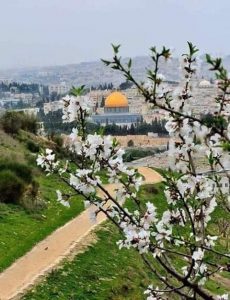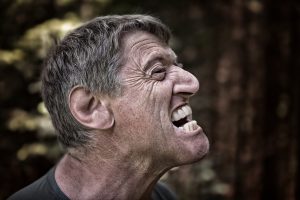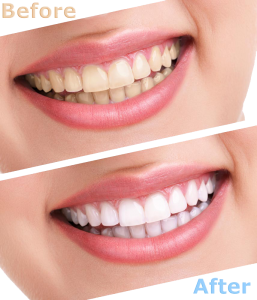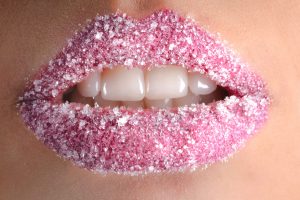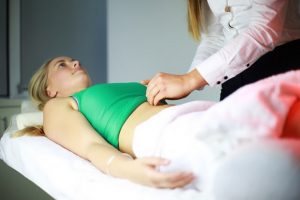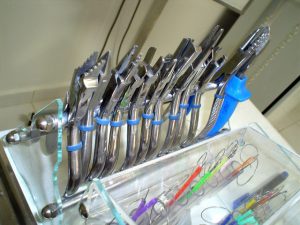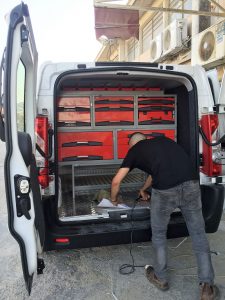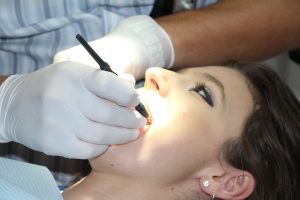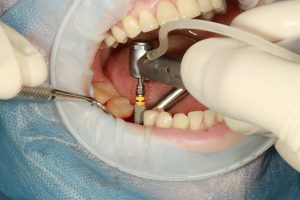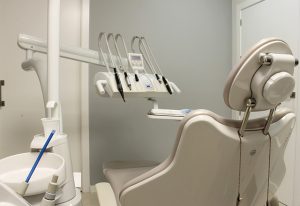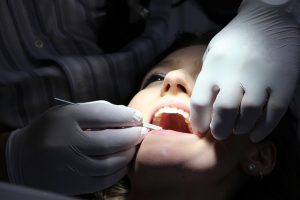After uprooting of teeth, be sure to have a few rules
- Smoking-generally found that smoke is detrimental to the healing wound, and in particular should avoid smoking 48 hours after displacement
- Spit or drink with straw-can create a vacuum that pull the blood clot
- Mouthwash – undermining the stability of the clot
- Brushing in the area of displacement-can also undermine the clot's stability
If it underwent a few days after the displacement and an old, powerful pain that does not pass, you probably experience a state of dry alveolar.

Okay, so what's a dry spell?
Dry alveolar is a situation in which the rules are not preserved, and in light of this, there is no blood clot that awaits the Mkatshit (ivory location) that remains after the tooth is cut, the presence of a blood clot is necessary for the proper healing of any wound in the human body. The pain stems from an exposed bone in the position of the tooth and the development of inflammation and the pain is included in overcoming the day of the day. It is advisable to refer to the practitioner.
Rehabilitation of the area of displacement – a lack of teeth harms harmony that exists in the Heesic system. Teeth near the toothless or opposite area will begin to move toward the missing and deterioration in the system begins. Therefore, it is necessary to know which way the area will be, and to plan the order of the treatments beforehand.
To the end it is important to know!
Do not relieve your teeth, no substitute for our teeth, and all existing treatments are just a substitute! There are patients who sometimes indicate, who wished they could uproot their teeth and rebuild the area. A few minutes of talk with Dr. Orel puts them on their place and hones the need for how much they can be preserved. If you are recommended for the extraction of teeth and the reason is not very clear to you, please contact us for another opinion.
This medical information was taken from Dr. Eitan Orel, a dentist in Jerusalem.
